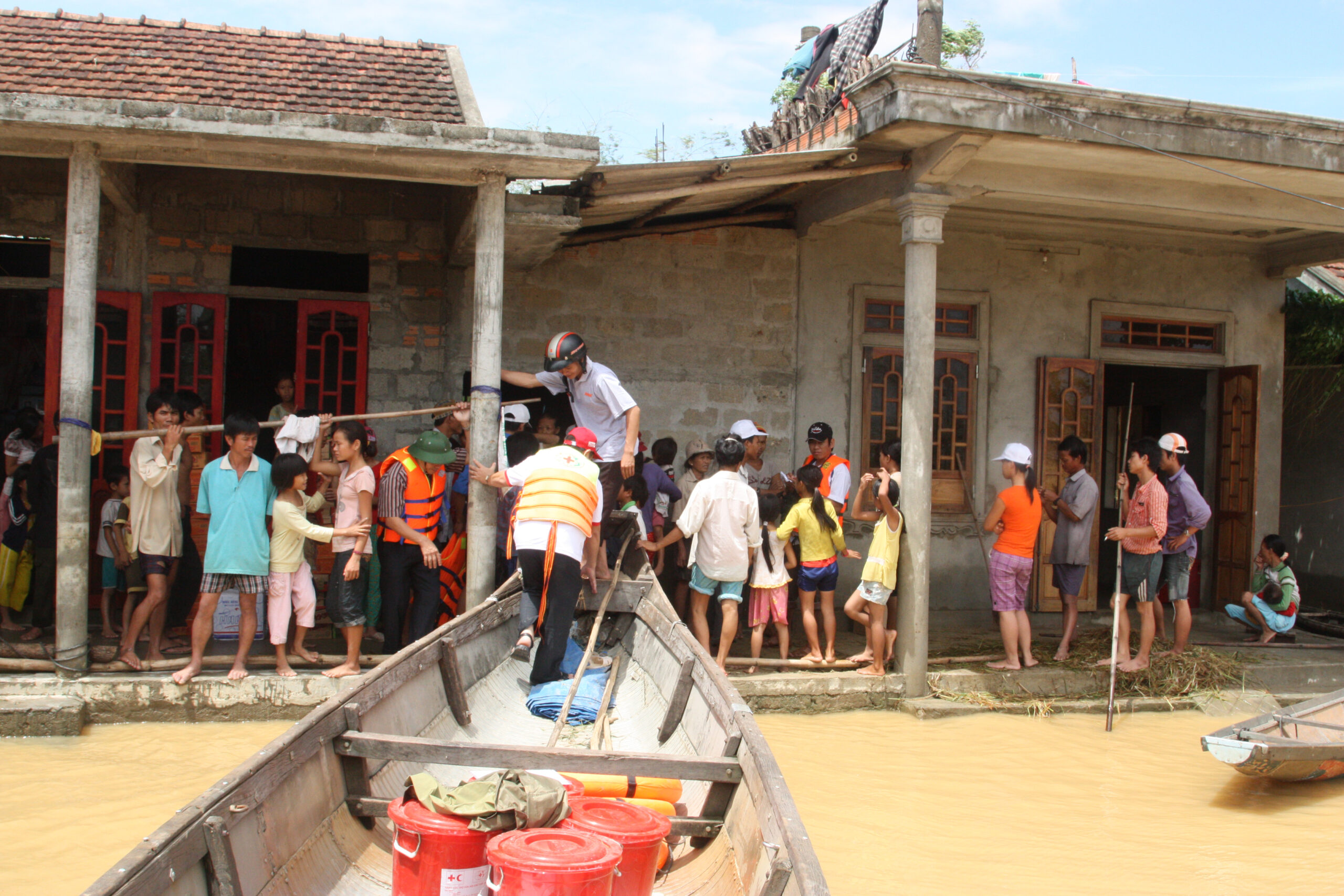Breaking the Circuit of Information Poverty: Early Warning Messages and DHH Communities in Vietnam

Authors: Abdul Rohman, RMIT University, Vietnam
Disasters affect everyone, but early warning systems are often designed for able-bodied individuals, leaving Deaf and Hard of Hearing (DHH) communities marginalized. In Vietnam, where climate-change-related disasters are common, DHH individuals face "information poverty" due to inaccessible warning systems, which rely primarily on sound and complex language that many DHH cannot understand.
This study, involving interviews and focus groups with DHH communities, highlights the gaps in inclusive disaster communication. Many DHH individuals depend on others for critical information because existing systems fail to consider their needs, including diverse sign languages used across the country. Despite limited institutional support, DHH individuals often collaborate to create and share their own disaster-related content, demonstrating resilience and resourcefulness.
Key recommendations include increasing the use of visual features, simplifying language, expanding access to sign language education, and fostering collaboration between hearing and non-hearing communities. Strengthening Deaf organizations and youth leadership is essential for creating more inclusive disaster communication systems.
Read the full paper to learn more.

This research was funded by the Global Disaster Preparedness Center through its small research grants program on inclusive and accessible Early Warning Early Action.
